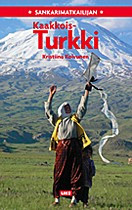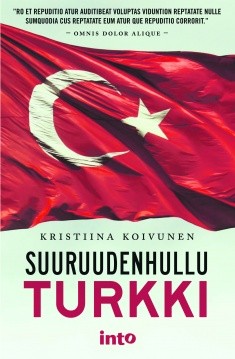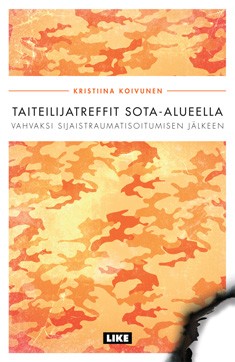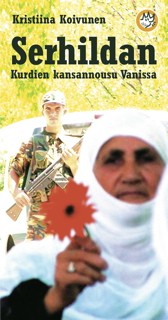YLI 25 EURON OSTOKSET SUOMEEN ILMAN POSTIKULUJA (raja normaalisti 50 €, tarjous voimassa 30.4.24 klo 23:59 asti)
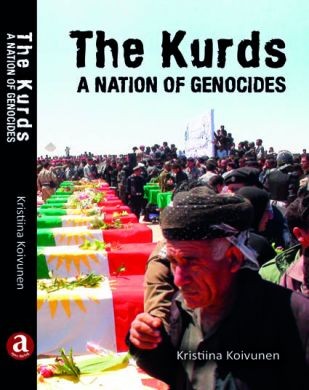
The Kurds - A Nation of Genocides
Koivunen, Kristiina
The Kurds, A Nation of Genocides
The history of the Kurds is a history of deportation, massacres and genocides. There are several books about them; the most famous cases are the Dêrsim massacre, Halabja chemical bombing and Anfal Campaign. But usually they are presented as independent cases without analyzing their connection to the whole process of the Kurdish genocides.
Kristiina Koivunen’s book “The Kurds, A Nation of Genocides” is the first book which adopts a wider perspective on the Kurdish genocide process, seeing the starting point as 1839 when the autonomous Kurdish emirates were crushed by the Tanzimat program in the Ottoman state. Until that year, the Kurds lived in autonomy in the Ottoman state with their own legal and administration systems.
How has the genocide process affected the Kurdish society? In the 1830s, the Kurds were at a proto-national level, moving towards national unity. The genocides and partition of Kurdistan in the 1920s stopped this process. As a consequence, there was a movement back towards tribal and local rule, which aided Turkish and Iraqi governance of Kurdistan.
As the autonomy of sixteen Kurdish emirates had been destroyed in the Tanzimat period, the Kurdish leaders were unable to establish an independent country when the Ottoman Empire collapsed at the beginning of the twentieth century. The Kurdish question became a frozen conflict, which now melts.
The genocide process still continues in Kurdistan. The process of cultural and linguistic genocide destroys the Kurdish language and identity in North Kurdistan (the Turkish part of Kurdistan). In South Kurdistan (the Iraqi part of Kurdistan), there is the danger that the genocide process will reach a peak in mass killings in the Disputed Territories, especially in Kirkuk and Mosul.
The collapse of the Ottoman Empire was a historical opportunity to establish an independent country, but the Kurdish leaders could not use it. Since then, local uprisings have taken place somewhere in Kurdistan all the time.
At the moment, a wave of changes blows in the Middle-East. The political situation is tense in all the countries which rule Kurdistan; Turkey, Iran, Iraq and Syria. The Kurds demand their rights in each of them – the situation is different than earlier in the sense that now there are uprisings in all parts of Kurdistan; but similar in the sense that they all still local. Cooperation with other Kurdish parties and movements is difficult for the Kurds, despite agreement about the need. This problem is one consequence of the genocide process; it stopped the national identity formation among the Kurds.
While books about the Kurdish genocide usually document the atrocities and count bodies, Koivunen’s book has a wider perspective. It searches for answers to the question how the genocide process has affected the Kurdish society and identity.
Kustantaja: APEC Förlag AB
Sidosasu: Pehmeäkantinen
ean: 9789186139711
Ilmestymisvuosi: 2013
Tekijän muu tuotanto:
NOPEA TOIMITUS
Tuotteet toimitetaan yleensä muutamassa arkipäivässä. Lue tarkemmat tiedot tilausohjeista.
Saatavuus RB-kaupoista
| Rosebud Sivullinen | 0 | |
| Rosebud Citycenter | 0 | |
| Rosebud Kaivopiha | 0 | |
| Rosebud Tiedekulma | 0 | |
| Rosebud Maria | 0 | |
| Rosebud Kuopio | 0 | |
| Keskusvarasto | 0 | |
| Tilattavissa verkosta | ||
| Hinnat ovat voimassa verkkokaupassa, myymälän hinta voi poiketa tässä näkyvästä. Saldoissa saattaa olla poikkeamia, tarkista saatavuus myymälästä. | ||




